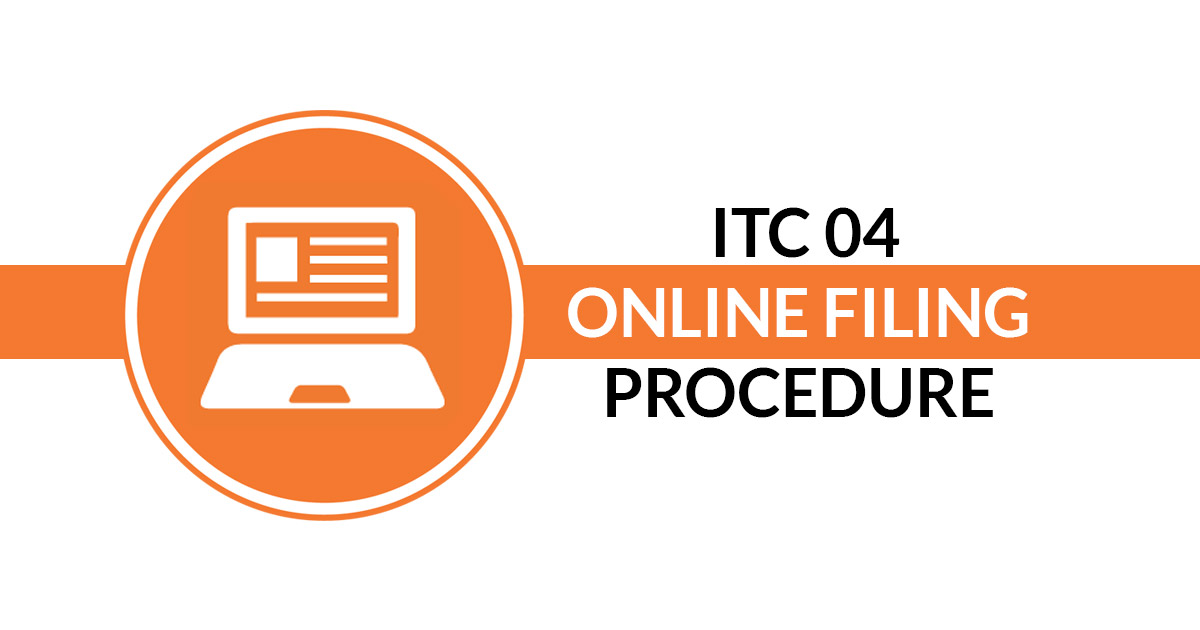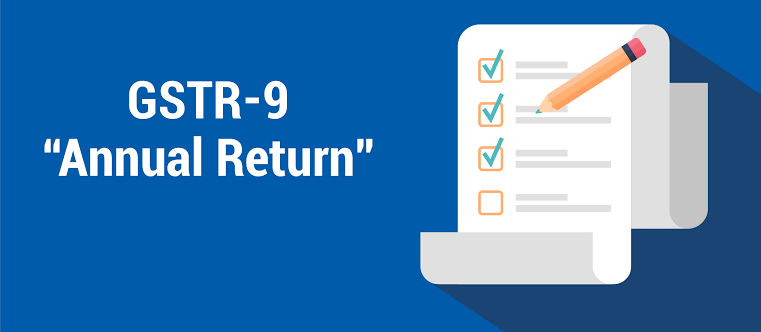CESTAT, Delhi in its recent ruling in the case of State Bank of Patiala v. Commissioner, Central Excise & Central Goods & Services Tax , has held that giving of loans is not a service, rather it is an activity of the Bank in which money in real terms which is akin to goods, is given to borrower.
Facts of the case:
The appellant , State Bank of Patiala is a banking company providing service under the category of ‘Banking and other Financial Service’ among others.
The current appeal has been filed against the Order-In-Appeal No. 392 (CRM) ST/JDR/2019 dated April 24, 2019 of Commissioner (Appeals) which upheld the Order-In-Original stating the Central Value Added Tax (“CENVAT”) Credit on Input Service was wrongly availed by State Bank of Patiala.
It appeared to Revenue and was upheld by Commissioner (Appeals) that CENVAT Credit on Input Services of “Collateral Management charges” is exclusively used for providing exempt services i.e. service tax is not chargeable on the interest earned by the bank on loans/ advances. Hence, Cenvat credit is not available on this service, as per the provision of Rule 6(1) read with Rule 6(5) and 6(3) of the Cenvat Credit Rules.
Ruling of CESTAT:
The CESTAT held held that giving of loans is not a service, rather it is an activity of the Bank in which money in real terms which is akin to goods, is given to borrower. Further, for the reason that interest earned by the Bank on loans is not liable to tax, the show cause notice alleged that giving of loan is an exempt service.
Further, it was observed by CESTAT that the show cause notice have been issued after more than 32 months from the last date when the return was due from the financial year ending 31.03.2010. Accordingly, the bench held that the show cause notice is bad for invoking the extended period of limitation. There is no suppression of facts or contumacious conduct on the part of the appellant.
Thus CESTAT in above ruling has held that giving of loans is not a service and thus cannot be regarded as exempt service and accordingly the reversal of CENVAT Credit will not be required.
Our view:
The above case is in regard to Service Tax regime.Under GST regime interest on loan is an exempted supply of service as per Entry No. 27 of Notification 12/2017- Central Tax (Rate) dated June 28, 2017 which provides exemption to the following services-
“Services by way of—
(a) extending deposits, loans or advances in so far as the consideration is represented by way of interest or discount (other than interest involved in credit card services);”
Thus under GST law interest on loan is an exempted supply of service and accordingly reversal of ITC provisions would be applicable thereon. However it may be noted here that as per Section 17(4) of the CGST Act,2017 a banking company or a financial institution including NBFC , engaged in supplying services by way of accepting deposits, extending loans or advances shall have option to avail every month an amount equal to 50% of the eligible ITC on inputs, capital goods and input services in each month and rest shall lapse.
Full text of CESTAT, Delhi Order:
Heard the parties.
2. The appellant is a banking company providing service under the category of ‘Banking and other Financial Service’ among others.
3. In the course of audit for the period April, 2008 to September, 2011 it was observed that appellant had taken cenvat credit wrongly, relating to the period April, 2008 to March, 2010 being on input service – ‘Collateral Management charges’as per the invoices raised by the ‘National Bulk Handling Corporation’ which provides services in relation to processing of loans / advances, as is evident from the invoices. It appeared to Revenue that such input service is exclusively used for providing exempt services i.e. service tax is not chargeable on the interest earned by the bank on loans/ advances. Hence, cenvat credit is not available on this service, as per the provision of Rule 6(1) read with Rule 6(5) and 6(3) of the Cenvat Credit Rules. It is further alleged that these facts came to the knowledge of the Department in the course of audit or else, the same would have gone un-noticed. Further alleged, there have been suppression of facts on the part of the appellant and accordingly the show cause notice dated 23.10.2013 was issued, invoking the extended period of limitation under the proviso to Section 73(1) of the Finance Act.
4. The show cause notice was adjudicated on contest. The proposed demand was confirmed alongwith equal amount of penalty with interest.
5. Being aggrieved, the appellant preferred appeal before the Commissioner (Appeals) who was pleased to dismiss the appeal upholding the order-in-original. As regards the limitation, learned Commissioner (Appeals) observed that there is lack of bonafide, as in case of doubt, they should have approached the Department, but failing to do so, the appellant cannot get absolved from the charges that they have not suppressed the fact with intent to evade payment of service tax.
6. Learned Counsel Shri Abhishek Jaju appearing for the appellant urges that the show cause notice is misconceived, as prima facie giving of loans is not an output service, rather money in real terms somewhat akin to goods, goes out of the bank when the loan is advanced. Secondly, only for the reason that interest earned by the Bank on the loans is not chargeable to service tax, it cannot be said that giving of loan is exempt service. It is further urged that admittedly appellant have maintained proper books of accounts and statutory registers, and further they have filed their returns with the Department regularly. Further, there is no allegation in the show cause notice that the appellant have not filed the return properly and /or there is any suppression of facts or mis-statement in the returns. Accordingly, he prays for allowing the appeal both on limitation and on merit.
7. Learned Authorised Representative Shri Pradeep Gupta appearing for the Department relies on the impugned order.
8. Having considered the rival contentions, I find that giving of loans is not a service, rather it is an activity of the Bank in which money in real terms which is akin to goods, is given to borrower. Further, for the reason that interest earned by the Bank on loans is not liable to tax, the show cause notice alleged that giving of loan is an exempt service. Further, I find that the show cause notice have been issued after more than 32 months from the last date when the return was due from the financial year ending 31.03.2010. Accordingly, I hold that the show cause notice is bad for invoking the extended period of limitation. There is no suppression of facts or contumacious conduct on the part of the appellant.
9. In this view of the matter, the appeal is allowed and the impugned order is set aside. The appellant is entitled to consequential benefits in accordance with law.
DOWNLOAD ORDER:
***
Follow us for free tax updates : facebook Twitter
Subscribe to our portal and get FREE Tax e-books, quality articles and updates on your e-mail.
Resolve your GST queries from national level experts on GST free of cost.
CA. Mohammad Salim is an ICAI award winning Chartered Accountant having rich experience of more than 20 years in the field of indirect taxes. He is the Member, Indirect Taxes Committee of PHD Chamber of Commerce and Industry. He is author of four successful books on GST published by Taxmann Publication and is also GST expert on taxmann portal.




